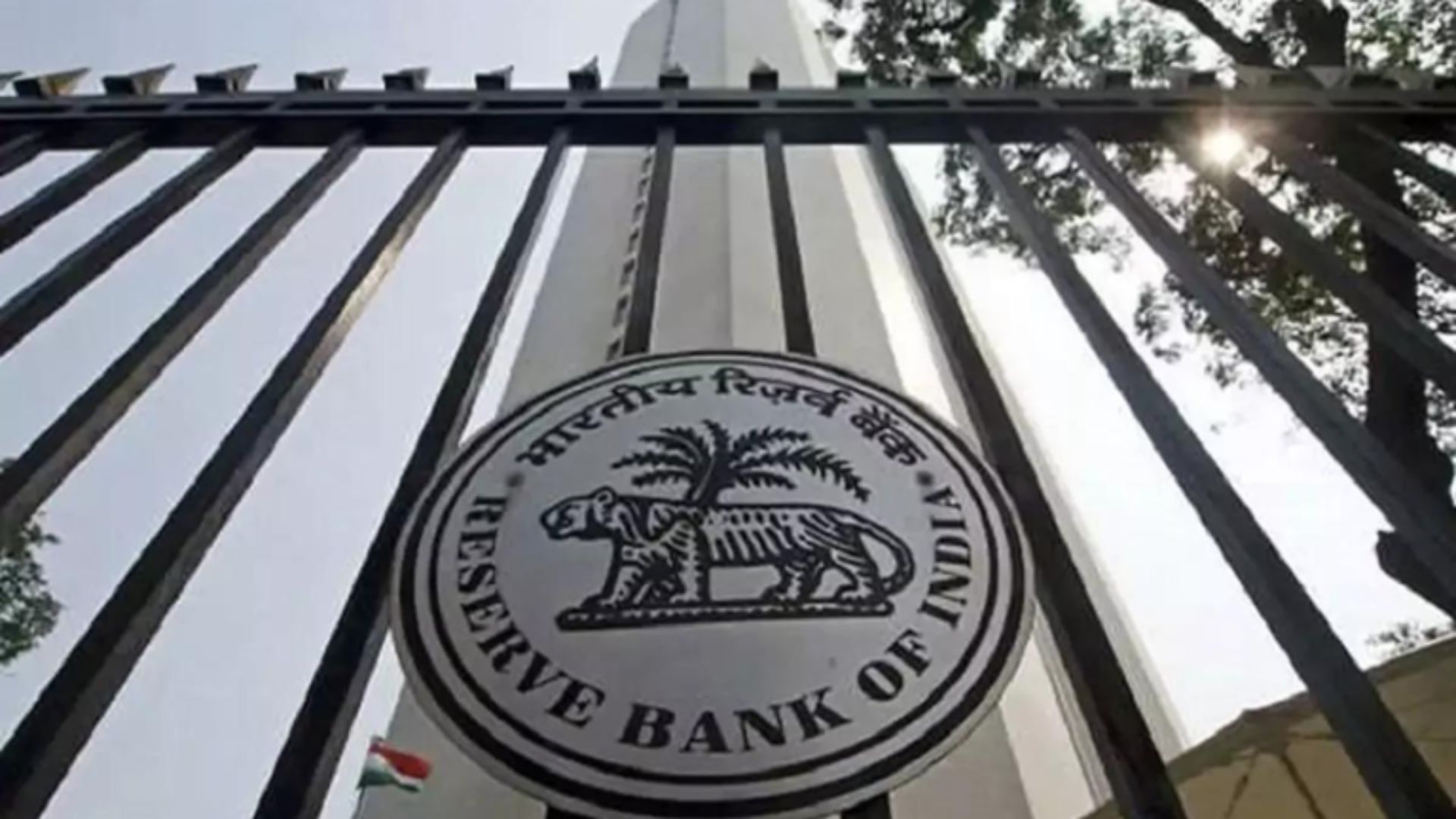The Reserve Bank of India (RBI) has recently joined Project Nexus, a multinational initiative aimed at facilitating instant cross-border retail payments. Once Nexus becomes operational in the next few years, it has the potential to revolutionize how Indians conduct international transactions, utilizing the Unified Payments Interface (UPI).
We delve into the details of Project Nexus, exploring its objectives and its potential to enhance the speed, affordability, and transparency of cross-border transactions.
RBI’s Recent Action
On June 30th, the Reserve Bank of India (RBI) signed an agreement in Basel, Switzerland, to join Project Nexus. This move aligns India with Malaysia, the Philippines, Singapore, and Thailand as founding members of this initiative. The objective is to facilitate instant cross-border retail payments by linking domestic instant payments systems (IPSs).
Understanding Project Nexus
Led by the Bank for International Settlements (BIS) Innovation Hub, Project Nexus aims to connect the domestic IPSs of participating countries. Despite existing bilateral collaborations for cross-border payments, the project addresses the limitations of relying solely on individual country efforts, which are often slow, costly, and complex.
If India aims to facilitate seamless cross-border digital payments with five other countries, it currently requires engaging in five separate bilateral dialogues.
However, Nexus’s multilateral approach eliminates these limitations and inefficiencies.
“The platform can be extended to more countries, going forward. The platform is expected to go live by 2026,” the RBI has said.
Benefits of joining Project Nexus extend to the RBI, businesses, and consumers involved in cross-border transactions. Here are the advantages:
- Enhanced Speed and Efficiency
Project Nexus significantly reduces transaction times. Domestic payments via FPSs are usually completed within seconds. By integrating these systems, cross-border payments could also be processed in under a minute, contrasting with traditional banking systems that may take hours or days. FPSs operate continuously, 24/7/365, unlike conventional central bank payment systems that operate only during business hours, as reported by BIS.
2. Cost Efficiency
Cross-border payments typically involve significant costs, including fees for currency conversion, message translation, and sanctions screening. Project Nexus aims to mitigate these expenses. Participants in FPSs generally face minimal transaction fees, and by linking these systems, the overall cost structure for cross-border transactions can be minimized. This makes it viable for banks to offer these services even in regions where they lack physical presence or direct partnerships.
3. Improved Transparency
Conventional cross-border payments often lack transparency, with fees accumulating throughout the payment process, creating uncertainty about the final amount received. In contrast, Project Nexus offers enhanced transparency. Fees can be calculated upfront and communicated to the sender before initiating the transaction, ensuring both sender and recipient understand the exact costs involved. Additionally, immediate confirmation or rejection of payments provides a level of assurance absent in traditional systems.
4. Enhanced Global Access
Project Nexus streamlines the process for banks to offer cross-border payment services across a broader spectrum of countries. Traditionally, banks needed to establish and manage correspondent accounts in each target country, a costly and time-intensive endeavor. Nexus eliminates this need by establishing a standardized and scalable framework for linking FPSs, thereby extending the reach of instant payment services.
5. Improved Dependability
Traditional cross-border payments often face delays and potential failures at various stages, leaving both senders and recipients uncertain until issues are resolved. Project Nexus enhances reliability by ensuring payments are swiftly processed or declined, providing immediate feedback and minimizing the risk of transactional delays or losses.
6. Advantages for Businesses
Project Nexus accelerates, lowers costs, and increases reliability of cross-border payments, potentially boosting international trade and commerce. Small and medium-sized enterprises (SMEs) can particularly benefit from reduced transaction expenses and expedited payment cycles, improving cash flow and global competitiveness.






















